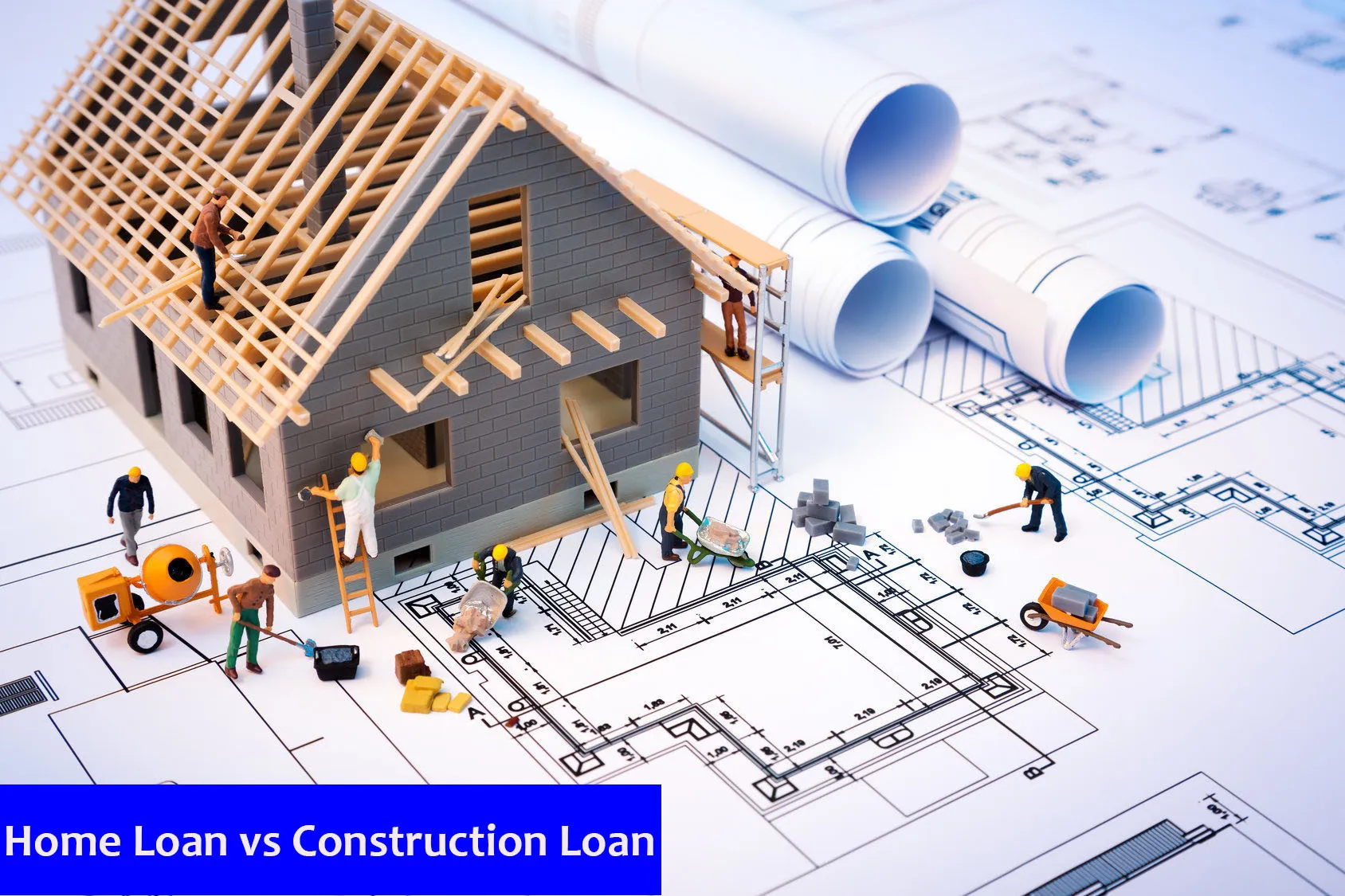How does a Home Loan Top-Up work – A complete guide
A home loan top-up is an additional loan that you can take on your existing home loan. Here’s a complete guide on how home loan top-up works:
Eligibility: To be eligible for a home loan top-up, you need to have an existing home loan with a good repayment track record. The loan provider will also check your credit score, income, and other eligibility criteria to determine your loan amount.
Loan Amount: The loan amount you can get through a home loan top-up depends on the outstanding balance of your existing home loan and the lender’s policies. Typically, the maximum amount of top-up loan you can get is up to 70% to 80% of your home’s current market value.
Interest Rates: The interest rate for a home loan top-up is generally lower than the interest rate on a personal loan, as it is secured against your home. The interest rate may be slightly higher than your existing home loan interest rate, but it is still usually lower than other types of loans.
Repayment Tenure: The repayment tenure for a home loan top-up is usually the same as your existing home loan tenure. The lender may offer you the option to extend your repayment tenure if you need a longer repayment period.
Documents Required: To apply for a home loan top-up, you will need to submit documents such as identity proof, income proof, property documents, and bank statements.
Usage: You can use the funds from a home loan top-up for any purpose, such as home renovation, education expenses, or medical expenses. The loan provider does not generally put any restrictions on the usage of funds.
Application Process: To apply for a home loan top-up, you can contact your existing lender and submit the necessary documents. The lender will assess your eligibility and provide you with a loan offer. If you accept the offer, the lender will disburse the funds to your account.
In summary, a home loan top-up is a convenient option for existing home loan borrowers who need additional funds for various purposes. The interest rates are usually lower than other types of loans, and the repayment tenure is flexible. However, it’s important to compare the interest rates and terms of different lenders before taking a home loan top-up.


